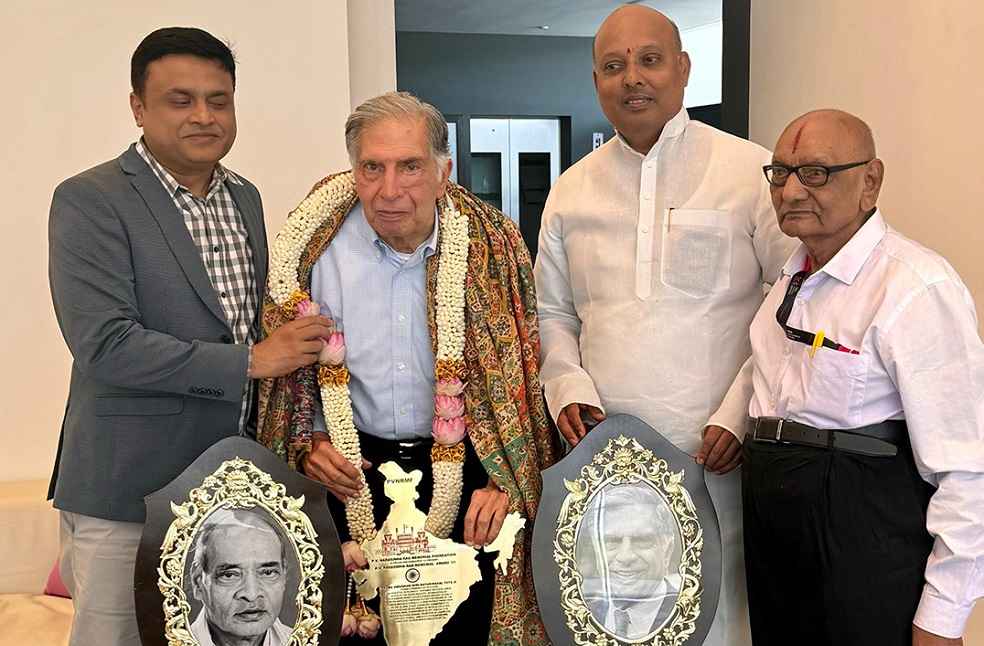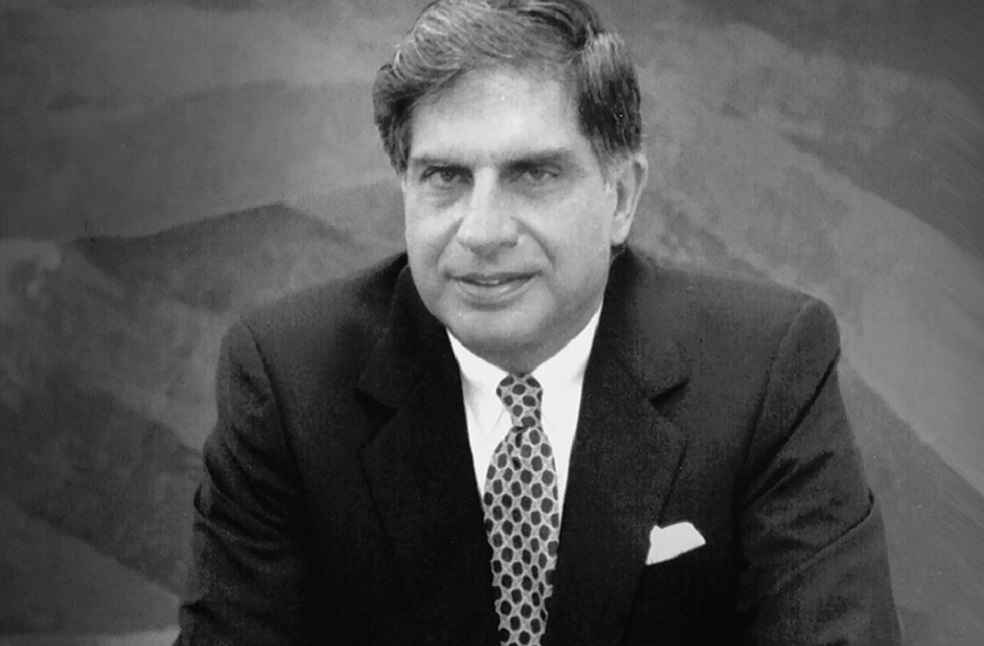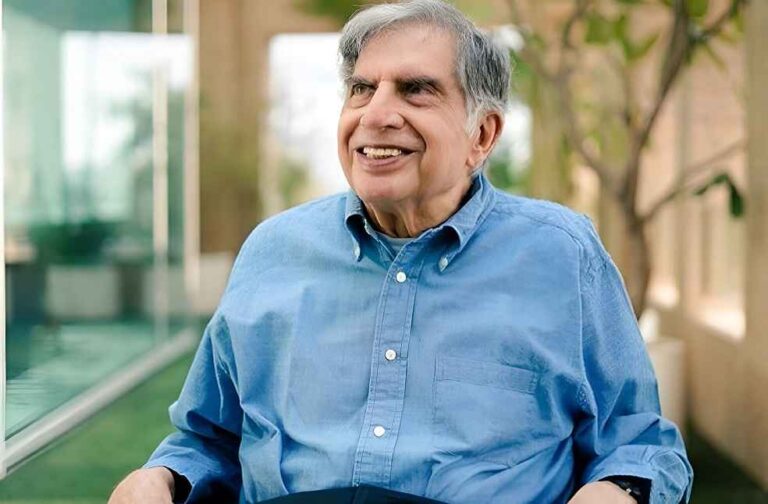Indian tycoon Ratan Tata, the revered leader of the Tata Group for over two decades, passed away at 86. Tata, one of India’s most influential and internationally recognised business figures, leaves behind an enduring legacy of humility, vision, and global business leadership.
The Tata Group, one of India’s largest conglomerates with annual revenues exceeding $100 billion, made the announcement. Natarajan Chandrasekaran, the current chairman of Tata Sons, hailed Tata as a “truly uncommon leader” in a heartfelt tribute, extending condolences to his family and expressing the group’s collective grief.
“His legacy will continue to inspire us as we strive to uphold the principles he so passionately championed,” Chandrasekaran said.
Ratan Tata’s leadership was transformative. Under his tenure, the Tata Group expanded significantly on the global stage through notable acquisitions, such as Anglo-Dutch steelmaker Corus, UK car brands Jaguar and Land Rover, and Tetley Tea. His leadership earned him recognition as a global business titan, praised for turning the family group into a formidable global powerhouse. Despite owning less than 1% of the conglomerate, he was considered India’s most powerful businessman.

Born in 1937 into a prominent Parsi family, Tata was educated at Cornell University in the US, where he studied architecture and structural engineering. Upon his return to India in 1962, he joined the Tata Group, eventually rising to lead the company following his predecessor, JRD Tata, in 1991. Ratan Tata, reflecting on JRD’s mentorship, said, “He was like a father and a brother to me.”
Tata’s bold business moves were coupled with a deeply personal humility. His calm demeanor, fierce discipline, and modest lifestyle were well-known. As Peter Casey, author of The Story of Tata, observed, “He was a modest, reserved man with a stately calm.” This was perhaps best exemplified when he was seen driving the Tata Nano, the world’s cheapest car, a symbol of his down-to-earth nature despite being at the helm of a global conglomerate.
In recognition of his contributions to industry and nation-building, Tata received numerous accolades, including the Padma Vibhushan, India’s second-highest civilian honor, in 2008.
Tata’s life also had its share of challenges. The 2008 Mumbai terror attacks targeted the iconic Taj Mahal Palace hotel, one of Tata’s premier properties. The attacks left 33 people dead at the hotel, including 11 employees. Tata responded by pledging lifelong support to the families of the victims and spearheaded the hotel’s $1 billion restoration.

Tata’s final years were marked by a rare public controversy in 2016 when he returned as interim chairman of Tata Sons following the ousting of his successor, Cyrus Mistry. The ensuing management feud cast a shadow over his otherwise impeccable career, but his legacy as a visionary leader remained intact.
Indian Prime Minister Narendra Modi paid tribute to Tata on social media, calling him a “visionary business leader” and “an extraordinary human being.” Modi reflected on their “countless interactions” and expressed deep sorrow over his passing.
Beyond business, Ratan Tata’s passions for fast cars, flying, scuba diving, and his love for dogs revealed the lighter side of the reserved tycoon. Though his adventurous hobbies faded with age, his love for animals remained strong until his final years.
Ratan Tata’s passing marks the end of an era for Indian industry, but his legacy—rooted in humility, business acumen, and a commitment to social good—will inspire generations to come. His belief in leading by example, rather than flaunting wealth or power, will be remembered as the hallmark of his remarkable life.
INFORMATIVE | UK announces tougher penalties for environmental violations



